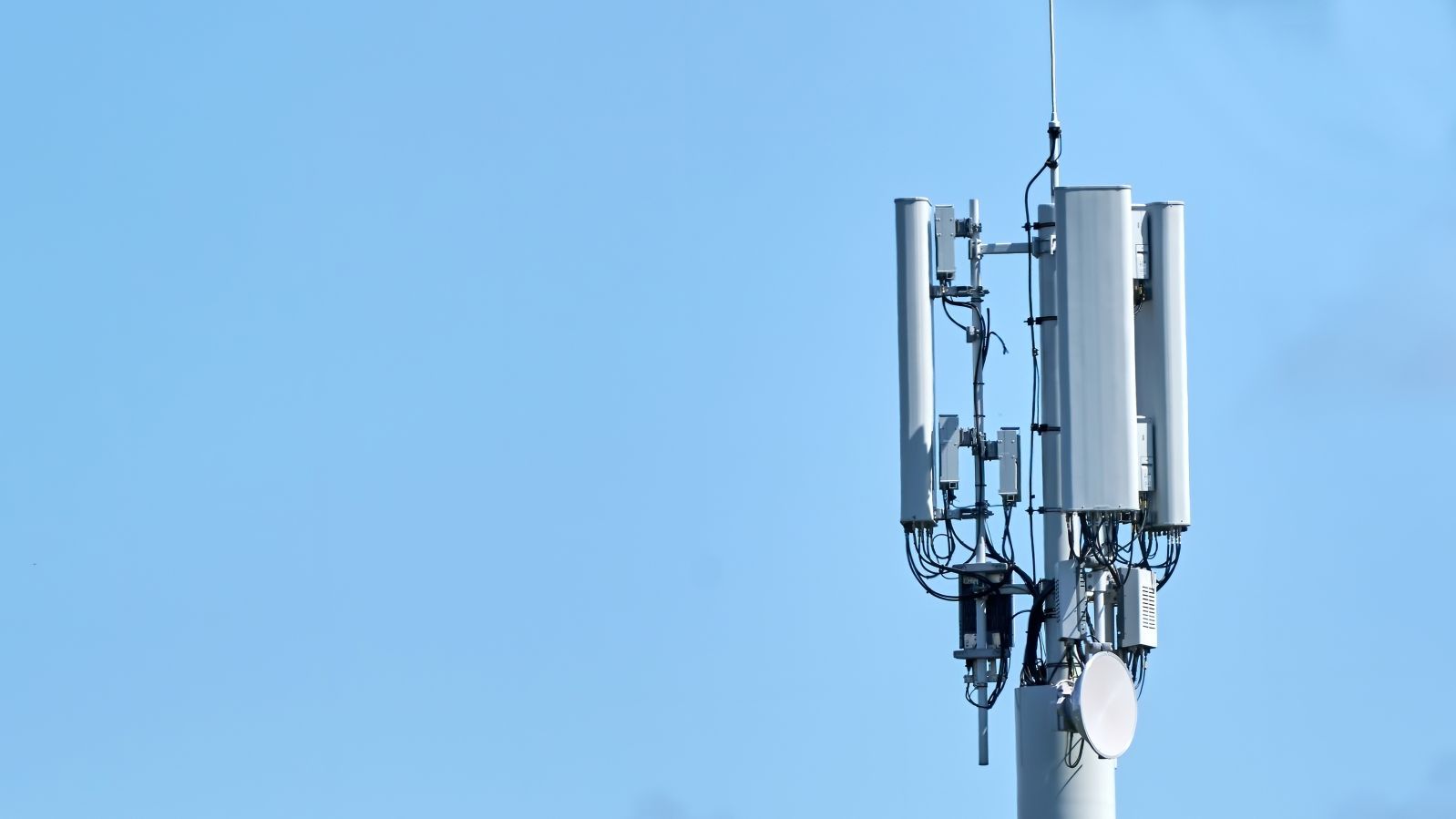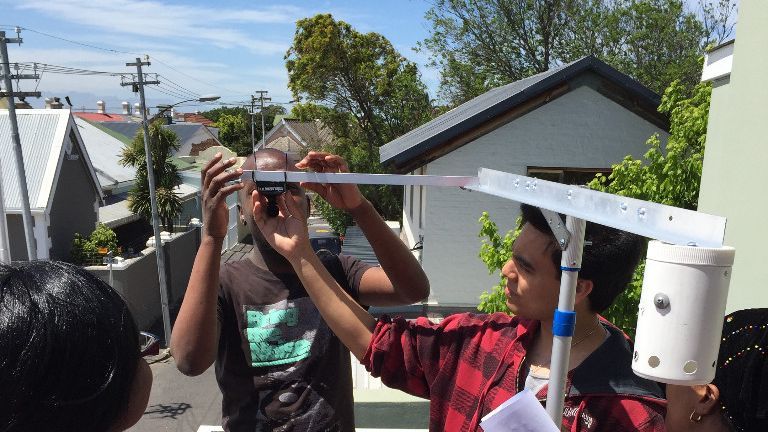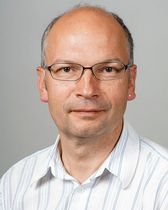Unit | Environmental Exposures and Health
Our continuous interaction with the environment can affect our health in both positive or negative ways. Researchers in the Environmental Exposures and Health unit develop and integrate novel tools and methods to investigate the health effects of a wide range of environmental exposures. These include transportation noise, ionising and non-ionising radiation, ambient and indoor air pollution, environmental tobacco exposure, pesticides and climate change, including heatwaves.
From Exposure Assessment to Effective Public Health
Our unit conducts epidemiological studies in children, adolescents and adults. Current studies are dealing with health-related quality of life, behaviour, respiratory diseases, childhood tumours, cardiovascular diseases, and neurodegenerative diseases. We also perform health risk assessments, including meta-analyses and systematic reviews, and contribute to the development of guidelines and regulatory limits in the field of environmental health.
Key Projects

5G Exposure, Health Effects and Risk Perception

Impact of RF-EMF Exposure on Planetary Health
The ETAIN project takes a planetary health approach to study the effects of electromagnetic field (RF-EMF) exposure from current and emerging wireless technologies. It develops tools such as an open-access Citizen Science smartphone app to map and model exposure across Europe and explores biological effects on humans and insects, including skin, eyes and pollinators. The findings will inform health, environmental and regulatory policies. Read more

Joint South Africa & Swiss Chair in Global Environmental Health
This collaboration consists of four projects: (i) a cohort study on the effects of agricultural pesticides on the development and respiratory health of rural children; (ii) a cohort study on the effects of ambient air pollutants on childhood asthma; (iii) an ecosystem approach to the health risks associated with chemical pollution and biological contamination of water sources and soils; (iv) a health risk assessment of the impact of climate change on ecosystems, water and chemical usages. Read more

 Gianni Ardielli
Gianni Ardielli
 Jana Bühler
Jana Bühler
 Alexandra Bürgler
Alexandra Bürgler
 Alberto Castro Fernández
Alberto Castro Fernández
 Stefan Dongus
Stefan Dongus
 Marloes Eeftens
Marloes Eeftens
 Nicole Engelmann
Nicole Engelmann
 Adriana Fernandes Veludo
Adriana Fernandes Veludo
 Benjamin Flückiger
Benjamin Flückiger
 Remo Fortunato
Remo Fortunato
 Til Hänggi
Til Hänggi
 Hamed Jalilian
Hamed Jalilian
 Daniel Jeannetot
Daniel Jeannetot
 Xing Jiang
Xing Jiang
 Seyram Kaali
Seyram Kaali
 Nicolas Loizeau
Nicolas Loizeau
 Axel Luyten
Axel Luyten
 Martina Ragettli
Martina Ragettli
 Martin Röösli
Martin Röösli
 Nekane Sandoval Diez
Nekane Sandoval Diez
 Shoukai Sun
Shoukai Sun
 Eric Twomey
Eric Twomey
 Valentin Jaki Waibl
Valentin Jaki Waibl
 Irina Wipf
Irina Wipf